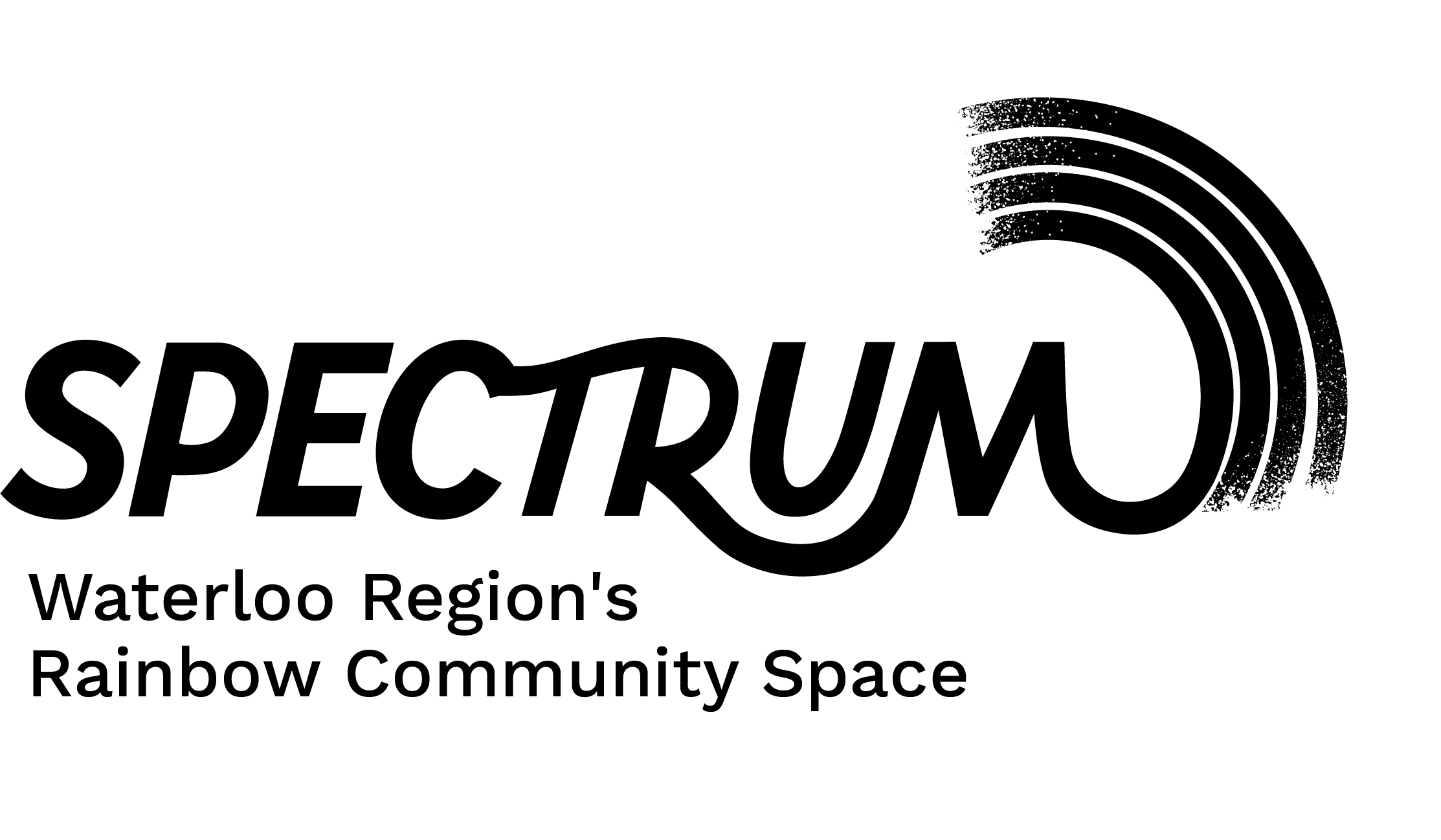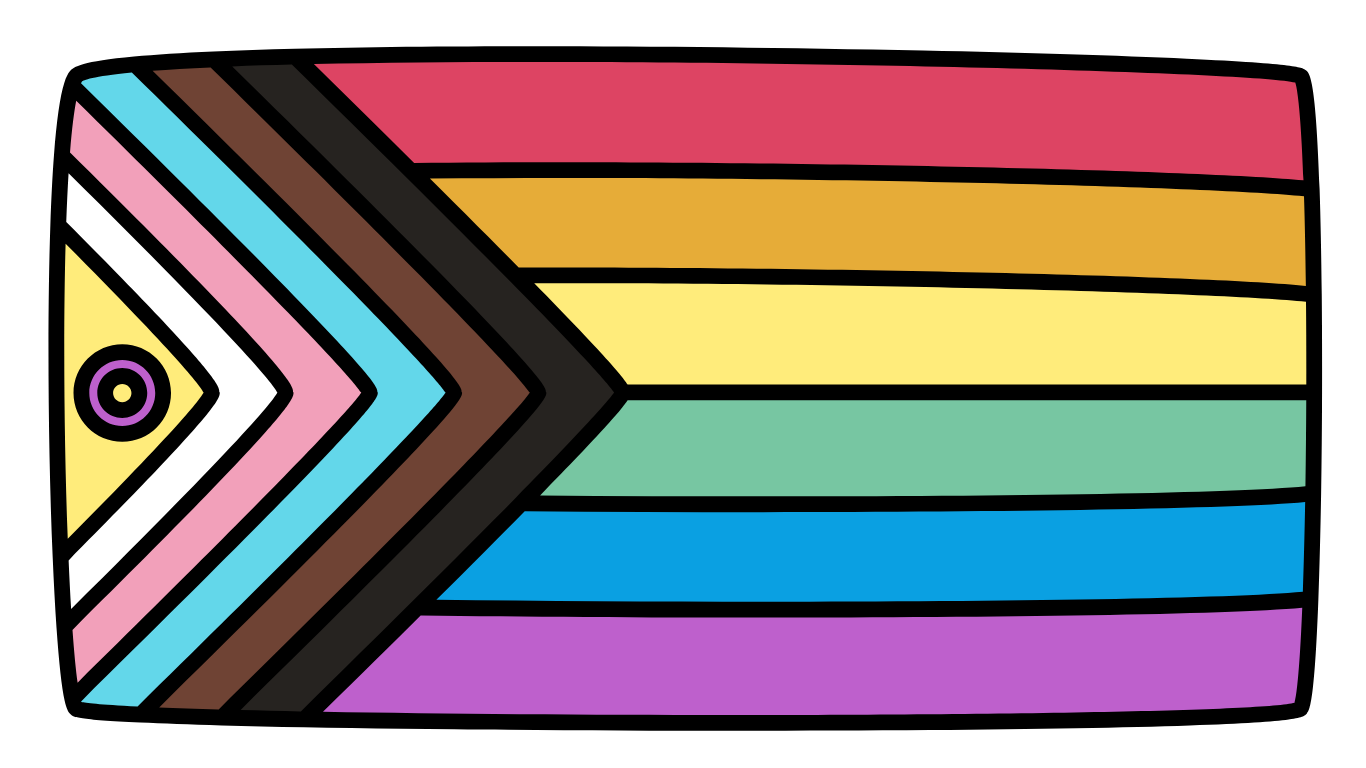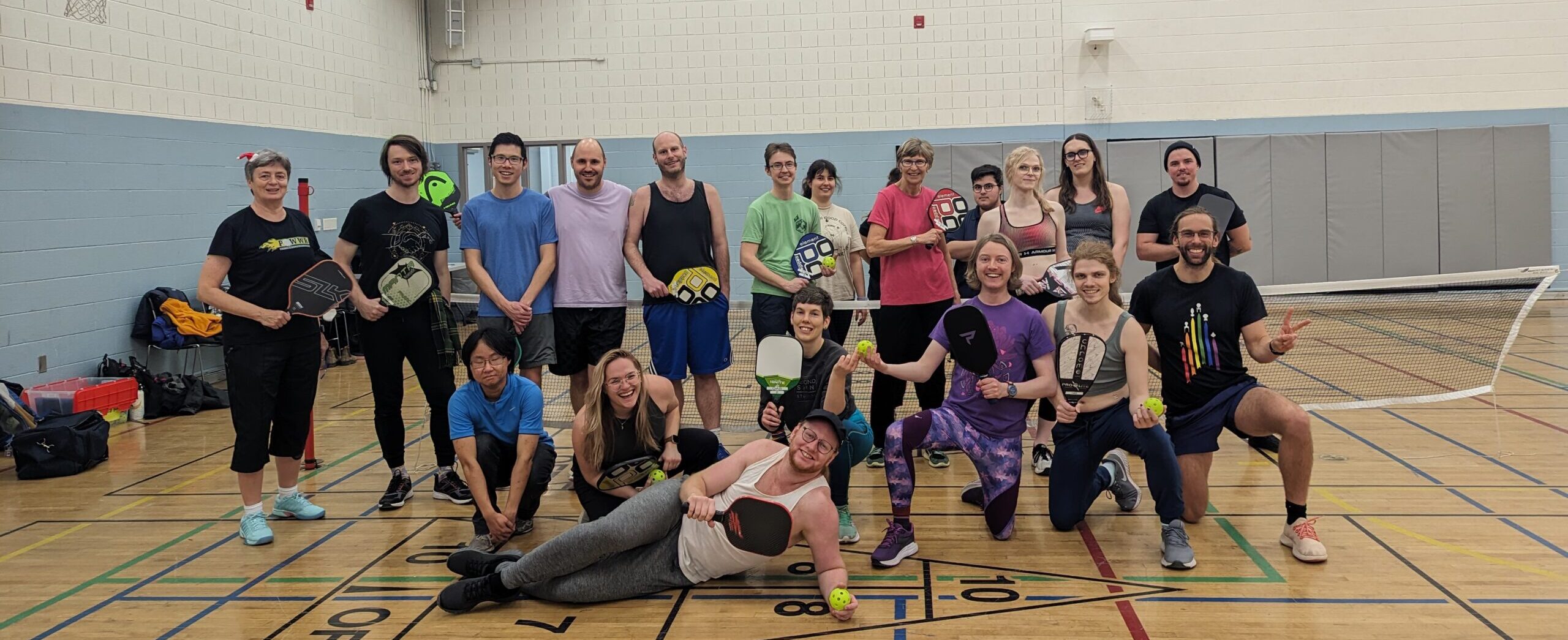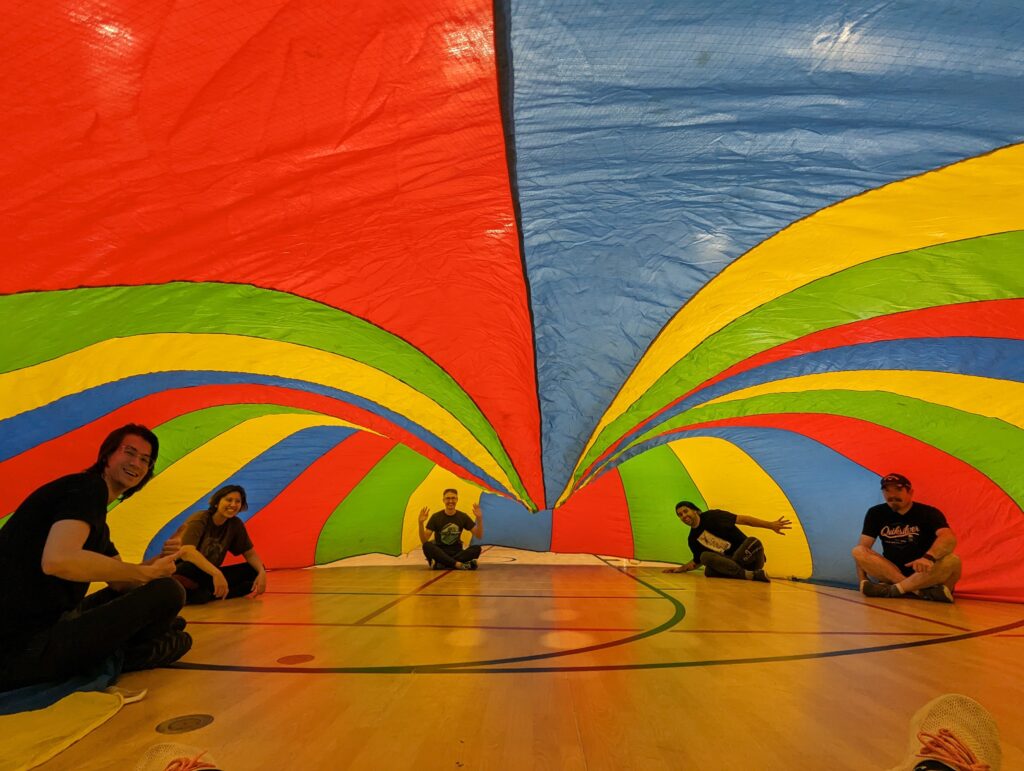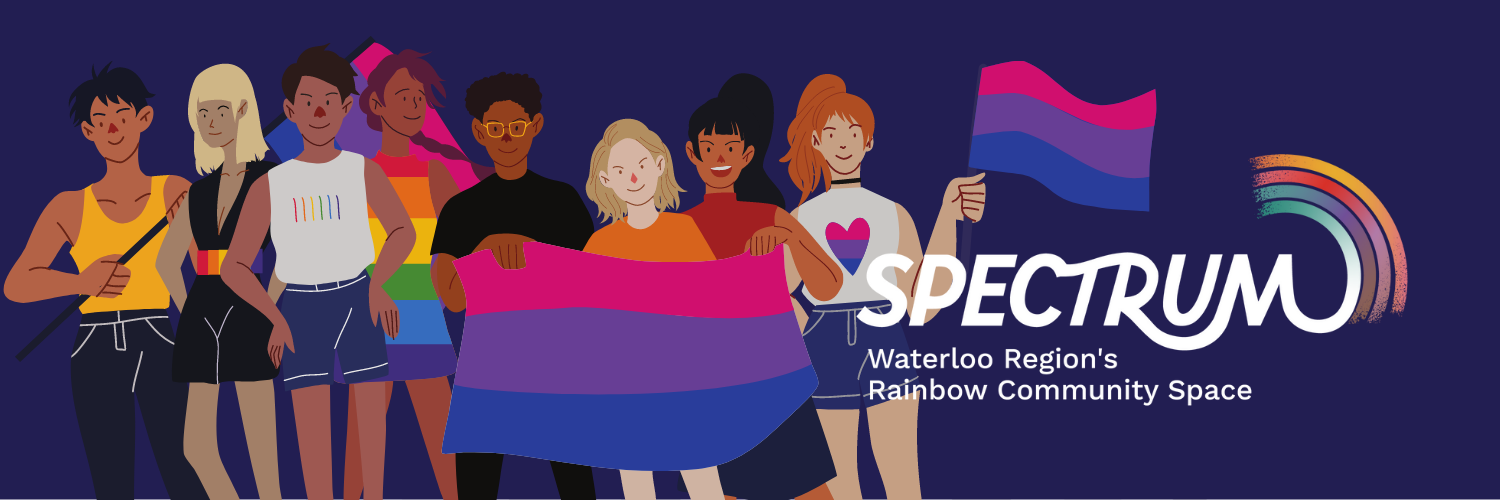It’s June. It’s Pride. There are rainbows all over the place, and this month more than ever there is an amplification of queer and trans voices.
This is wonderful – we deserve celebrations and gatherings where queerness and queer joy are not the outlier but at the forefront. We need allies showing up in full force, because despite the very real presence increasing anti-queer and anti-trans sentiments (and policies), our community is overflowing with people who understand a simple truth: being 2SLGBTQIIA+ is normal. We belong.
This June, I hope we all bask in sunshine and queer and trans joy. I cannot wait to celebrate with so many at festivals and events and especially at our annual gala (tickets still available!).
And as we celebrate, I hope we remember that pride began as a protest led by trans women of colour like Marsha P. Johnson and Sylvia Rivera at the Stonewall Inn in New York in response to police violence, systemic oppression, and the criminalization of queer lives.
This month you will also likely (and hopefully) hear some very valid critiques about how Pride can be co-opted. Pinkwashing, where organizations use rainbow branding without meaningful support or action, can do more harm than good. It can be painful to see things like people dancing to drag performers in public, but unwilling to stand up for a queer coworker in private, or logos changing to rainbows while policies stay the same.
These critiques are not meant to shame anyone, they are simply calls to action. For me, pride is a reminder that we need the rainbows and the crosswalks and the flags – don’t stop the rainbows, just don’t stop there.
Join the parades. Cheer at the drag shows. But don’t forget that queer and trans people in Canada still face disproportionately high rates of poverty, homelessness, discrimination in healthcare, violence, and mental health challenges. Trans and non-binary people, especially racialized folks, face increased systemic barriers at every turn.
At Spectrum, we work to address this every day. We run 60 to 70 programs each month: peer support groups, youth and family nights, newcomer supports, social events, sports, arts, education, and advocacy. And we do it all without any ongoing annualized government funding, despite offering services that support not only the people we serve, but the health, safety, and wellbeing of the entire community.
We spend a lot of time applying for grants, fundraising, and building relationships with generous individuals, organizations, and corporate partners who believe in our mission and understand that Pride means pitching in year round.
So yes: celebrate. Show up. Shine bright. Don’t stop the rainbows.
Just don’t stop there.
Suzie Taka, Executive Director
Spectrum Waterloo Region
